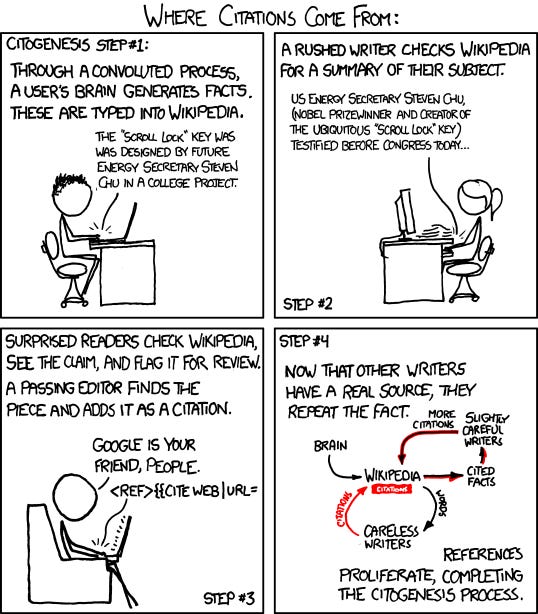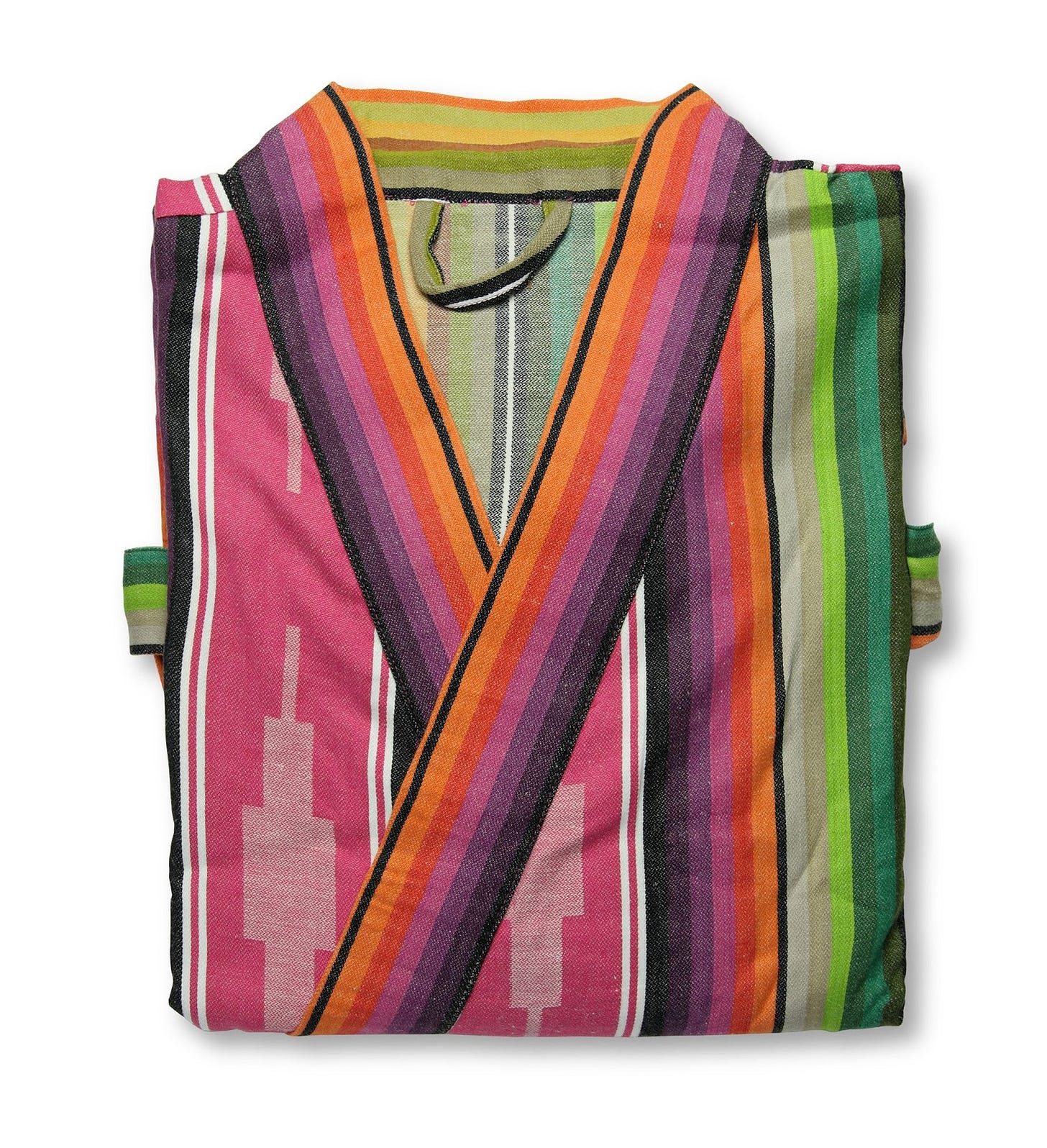Noah here. In an age of hyper information, some sources and citations are not what they seem. They are actually just echos from other bad facts. For example, about a year back I was doing a bunch of research into the Pareto Principle (better known as the 80/20 Rule). Like a lot of my internet digging, I started with some cursory Google searches and, of course, poking around Wikipedia. Displayed prominently on the Pareto principle entry was a photo of peapods and an explanation that “Pareto developed the principle by observing that about 20% of the peapods in his garden contained 80% of the peas.” After spending a lot of time doing my own digging in original materials from Pareto as well as academic research on him and the 80/20 rule, I came to the conclusion that a) he had never done any peapod experiments b) that peapods don’t actually seem to work that way.
I proceeded to edit the mention and image out of Wikipedia, explaining what I’d found. I specifically noted that all the sources that suggested there was a linkage between Pareto and peas linked back to the Wikipedia entry. The image was eventually returned with a strange note that was clearly unaware of the previous context: “The image is not meant to illustrate an exact statistical model; it merely serves as artwork for the page.”
Why is this interesting?
What? You’re not immediately interested in the minutiae of Wikipedia editing? Seriously, though, I was checking back on the entry recently and got to thinking about how big a problem this kind of circular sourcing must be. With the way so many people use Wikipedia and its loose sourcing requirement, there’s surely tons of Wikipedia pages that simply link out to a page that links back to the entry as evidence. Turns out this is called circular reporting and, not surprisingly, there’s a Wikipedia entry on the topic with a list of examples that involve the site. Take the story of Sacha Baron Cohen, who, according to a previous revision of his Wikipedia page, previously worked at Goldman Sachs. That “fact” was picked up by The Independent, which was soon after used as a source for his Goldman employment on Wikipedia.
Like everything having to do with the internet, there’s even an XKCD comic on the subject. He calls it Citogenesis:

To be clear, none of this is a takedown of Wikipedia. On the contrary, as I’ve become a better researcher I’ve only found the site to be more helpful, not less. Despite its flaws, it’s generally an excellent place to start looking into something as long as you keep the kind of skeptical position you should carry into almost anything you read from sources you don’t know. The easiest way to use it is to skip right down to the references and start reading those. It’s often a good way to get to a first set of research or papers that can lead you to the kind of bibliographies that are the real meat of any good research endeavor. (NRB)
Recommendation of the day:
Liz Lambert is one of our favorite hoteliers. She’s responsible for the wonderful Hotel San Jose in Austin, among many others. With all of her properties there’s a bit of soul and whimsy, appealing to the wonder of being out of the house and normal routines for a few days. The best parts of a hotel stay. This is perhaps best personified by this robe. In their words: “Custom made, super soft, 100% cotton kimono robe in serape pattern with green and red as the prominent colors. Made in a government sponsored co-op in India, promoting indigenous weaving and dyeing techniques.” Plus if you own one, it breaks up the drudgery the typical morning routine, making one feel like a psychedelic mind warrior while retrieving the FT Weekend from the doorstep. Or, if you are staying at the property, a daring and self assured walk to retrieve delicious breakfast tacos and a coffee from Jo’s next door. (CJN)

Quick Links:
Speaking of research, this is a good one to remember: Stigler's law of eponymy “states that no scientific discovery is named after its original discoverer.” Also see: Quote Investigator. (NRB)
This is a layup for Page Six. A slew of private jets, 114 to be exact, head to Google Camp to talk climate change. (CJN)
Thanks for reading,
Noah (NRB) & Colin (CJN)


